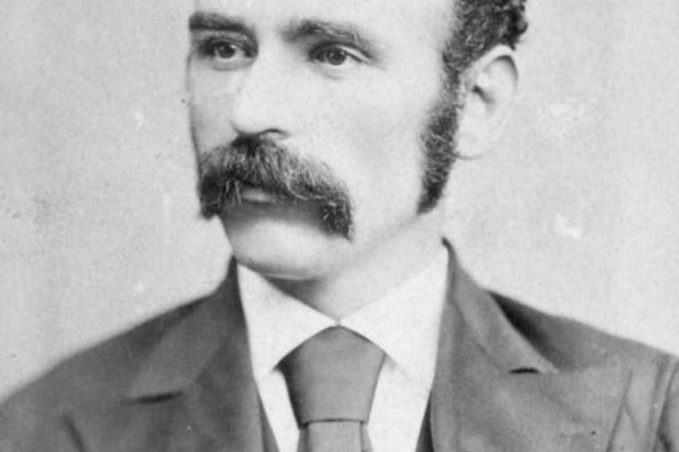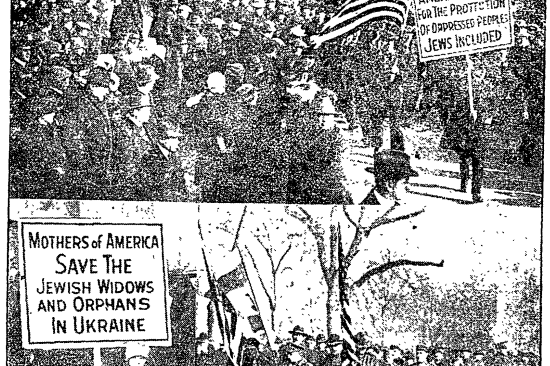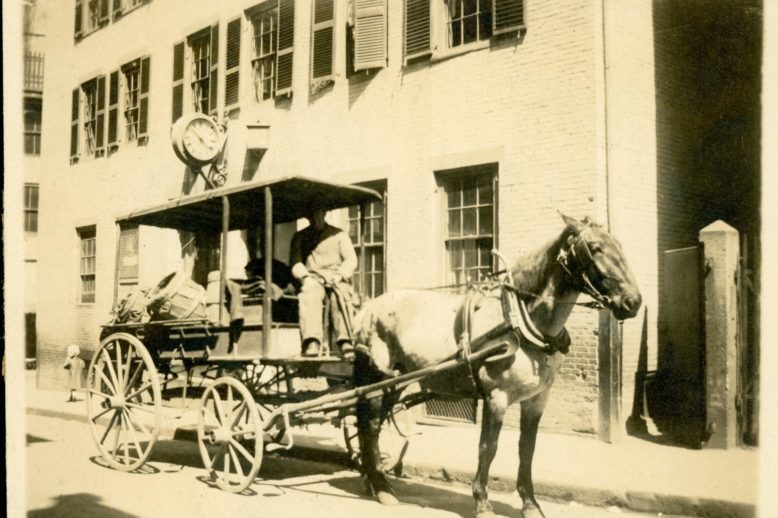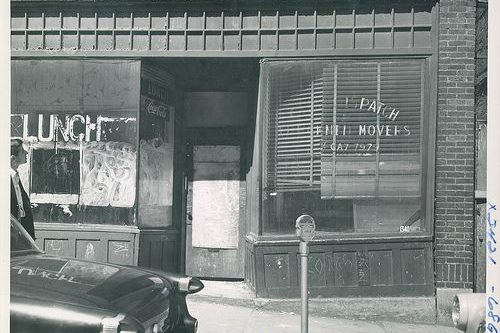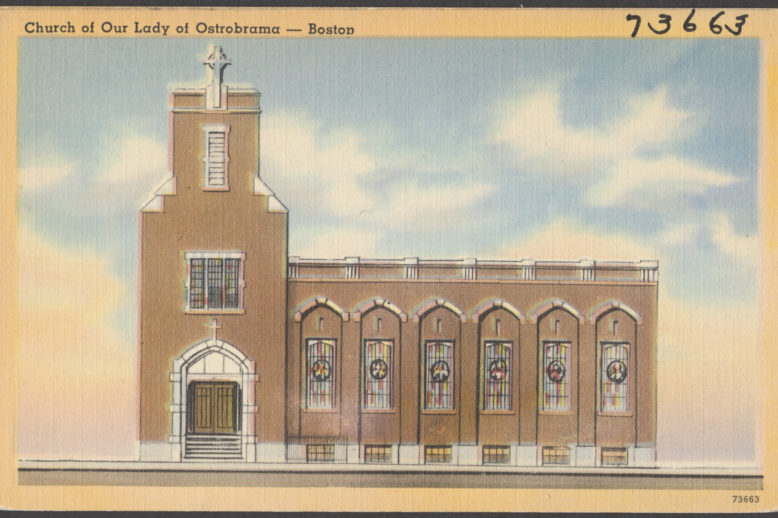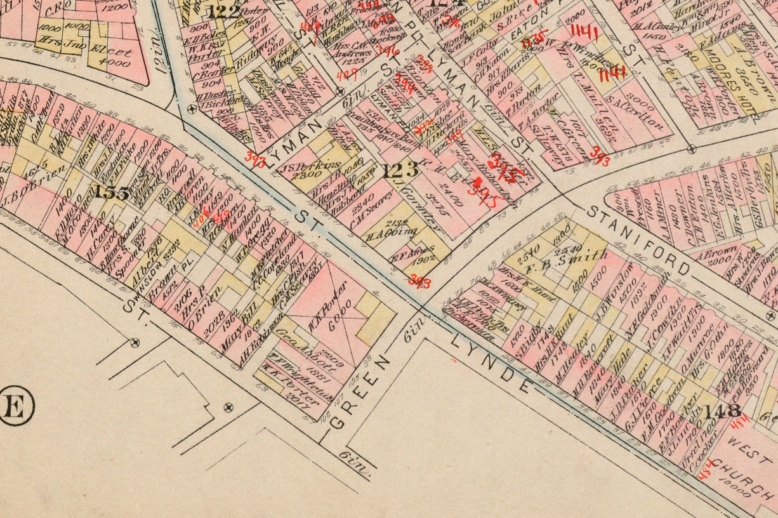The West End Land League
The West End branch of the Land League made political and financial contributions to the original Land League in Ireland, an organization of tenant farmers and Irish nationalists that resisted high rents and evictions in the 1880s.


